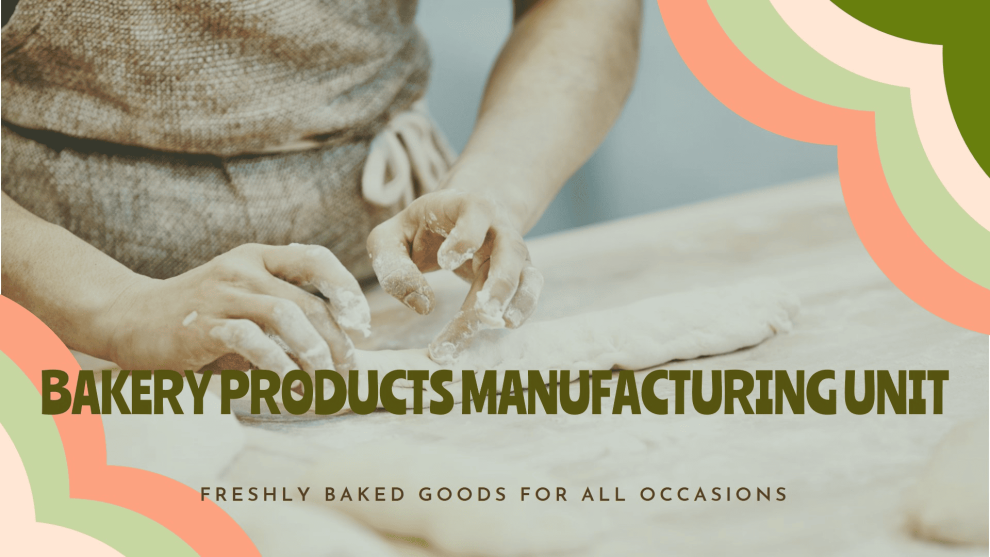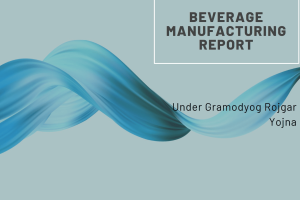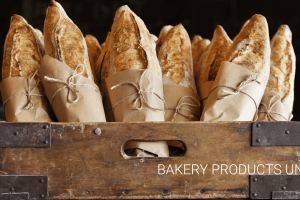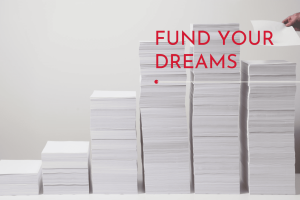Introduction
The bakery industry in India is the largest segment of the food industries, with an annual turnover of approximately Rs. 3,000 crores. India is the second-largest producer of biscuits globally, after the USA. The industry is divided into organized and unorganized sectors, with over 70% of the total production coming from the unorganized sector. Bakery products, once considered a luxury, have now become essential food items for a vast majority of the population. Major products include bread and biscuits, which account for over 80% of total bakery production.
Name of the Product
Bakery Products
Key Products:
- Wafers (8g, 18g, 150g packs)
- Checkers (14g packs)
Project Cost
Land: Own
Capital Expenditure:
- Manual Wafer Biscuits Machine – 1
- Butter Mixing Machine – 1
- Sugar Grinding Machine – 1
Total Capital Expenditure: Rs. 1,302,000
Working Capital Loan: Rs. 102,050
Raw Material: Rs. 517,000
Equipment: Rs. 517,000
Total Project Cost: Rs. 5,679,000 (in ‘000)
Manufacturing Process
The primary product is wafer biscuits. The process involves the following steps:
- Raw Materials Procurement: Maida, starch, soda, salt, color, preservatives, vanaspati, sugar, and flavors.
- Paste Preparation: Ingredients like maida, starch, vanaspati, and water are mixed in a mixer to form a paste.
- Baking: The paste is poured into pre-heated molds to bake wafer sheets.
- Cream Preparation: Sugar, vanaspati, color, and essence are mixed in a planetary mixer to form cream.
- Assembly: The cream is applied to the baked wafer sheets to create a sandwich, which is then cut into biscuits.
- Packaging: The final biscuits are packed in pouches.
Estimated Annual Production Capacity
| Particulars | Capacity (in kg) |
|---|---|
| Wafers and Biscuits | As per demand |
Financial Details
Fixed Costs:
- Salaries: Rs. 341,000
- Insurance: Rs. 100,000
- Depreciation: Rs. 51,700
- Administrative Expenses: Rs. 72,000
- Overheads: Rs. 120,000
- Miscellaneous Expenses: Rs. 67,210
Variable Costs:
- Raw Materials: Rs. 517,000
- Wages (Skilled & Unskilled): Rs. 169,260
- Labels and Packing Materials: Rs. 300,000
Total Costs:
- Fixed Costs: Rs. 792,572
- Variable Costs: Rs. 633,380
Projected Sales:
- Rs. 4,122,050
Profitability Analysis:
- Gross Surplus: Rs. 633,380
- Net Surplus: Expected to increase with optimal capacity utilization.
Capacity Utilization Analysis (Rs. in ‘000):
| Sr. No. | Capacity Utilization | Revenue |
| 1 | 100% | 4,755.38 |
| 2 | 80% | 3,392.10 |
| 3 | 70% | 2,885.40 |
| 4 | 60% | 2,473.20 |
Notes
- All figures mentioned above are indicative and subject to market variations.
- Replacing building investments with rental space can:
- Reduce total project cost
- Increase profitability
- Lower interest on capital expenditure loans
Conclusion
The bakery industry in India offers substantial growth opportunities due to high demand for bread and biscuits. With strategic cost management and efficient operations, this project has the potential to yield significant profitability and contribute to the organized segment of the bakery industry.












Add Comment